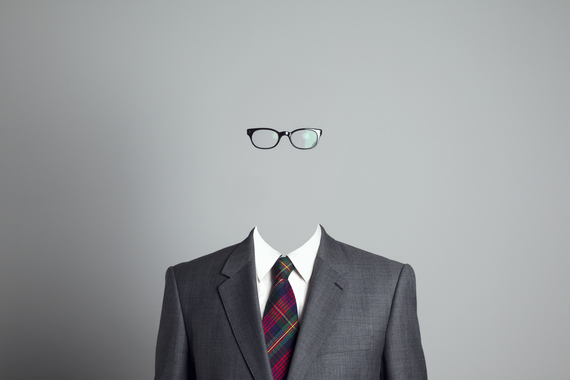The history of secret and anonymous denunciation is no doubt as old as the world. Religions and governments both have used the "tool" to control the errant masses, and the allure of a gain in favor has always been a great incentive for the participants.
In 15th-century Florence there were even beautifully designed mailboxes of sorts -- called "tamburi" -- that were placed around town with encouragement to report (anonymously, of course) deviant behavior, as defined, I imagine, by the accuser.
In our time the Nazis, the Soviets at their worst, the North Koreans, the Taliban, Sen. Joe McCarthy -- all encouraged and codified character and often real assassination through anonymous postings, whispers, letters, rumor and such, and even a cursory examination of the times will reveal the personal motives of the source (often a desired gain in favor); not a one was doing it because they championed some perverted notion of free speech.
My readers know that I abhor anonymous online posting, as so many reek of vitriol, envy and plain old maliciousness.
Please spare me the free-speech argument. The need to compare all anonymous postings to anonymity in countries where posting the truth can get you killed -- that frankly just makes a mockery of people who really put their lives on the line to promote true freedom of speech: freedom to post debate under one's own name, freely and without fear.
What really makes me wonder is how college students -- who no doubt are fierce in their belief in true freedom of expression, who I am sure look at the codified anonymous denunciations so rampant in totalitarian societies with horror and rightly demand transparency of government -- tolerate and rationalize the codified anonymity of growing social networks like Yik Yak, which was created, according to its founders, "to create a more democratic social media network, one where users didn't need a large number of followers or friends to have their posts read widely."
I urge you to read the full article in The New York Times.
Suffice it to say that many people have been harmed, many groups have been attacked and many campuses are up in arms as sheer hatred rages across this platform.
"Share your thoughts with people around you while keeping your privacy," Yik Yak's home page says.
And let me point out that this is a very, very local network.
"It's a problem with the Internet culture in general, but when you add this hyper-local dimension to it, it takes on a more disturbing dimension," says Elias Aboujaoude, a Stanford psychiatrist and the author of Virtually You. "You don't know where the aggression is coming from, but you know it's very close to you."
Now, to be fair, the founders did not create Yik Yak to hurt others, and I do believe they are really trying to figure out how to rein in the venom, particularly because Sequoia invested a boatload of bucks, and monetization -- as in advertising -- is near and dear to all in that category, and one can't imagine Coke with its "Share the Love" theme attaching itself to racist diatribes.
There are also gun-control arguments at work here. Social networks don't hurt people; only people who abuse them do. That's true to an extent -- except that adding anonymity is like handing armor-piercing bullets to a violent psycho with an automatic rifle and then saying, "Guns don't kill...."
And there is a huge future danger and downside. Do you want to work alongside someone who posted racist, anti-Semitic, anti-LGBT, violent remarks without any consequence because they went unattributed? And think about the sense of empowerment and entitlement that person will have when posting under their own name. Scary.
At the end of the day, in my opinion, this is not a freedom-of-speech issue and, as I said before, to make it such is to denigrate the very notion of free speech, its power, its legacy and its right.
I see the issue here more like this:
"Freedom of speech does not protect you from the consequences of saying stupid shit."
And there you have it brilliantly put.
So think about it. Whom do you really want next to you?
And one last thought: Another shameful use of Twitter for online harassment shows that online anonymity is not really a protection in the long run. The abusers can get caught. You can read the story here, but the outcome was that the victim's father, Curt Schilling, tracked down the accounts of the offenders and had them fired and expelled. According to the New York Post:
Schilling argues that there's no longer any distinction between life online and offline: "People are saying, 'Hey, Curt Schilling called out people on Twitter, and they got in trouble in real life.' Twitter now IS real life -- Facebook, Instagram, all of it."
And just today a fraternity at the University of Oklahoma shut down and its members were suspended because what they thought was an anonymous rant found its way online. Anonymity is not protection.
What do you think?

